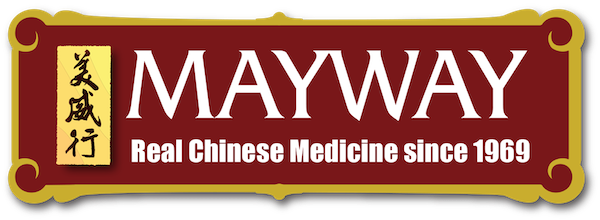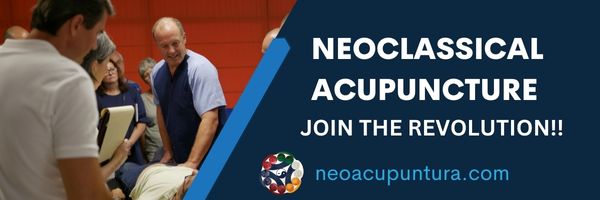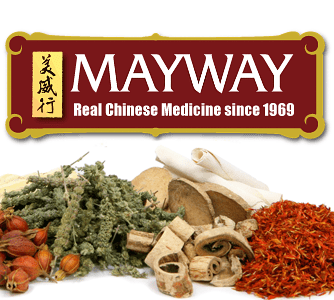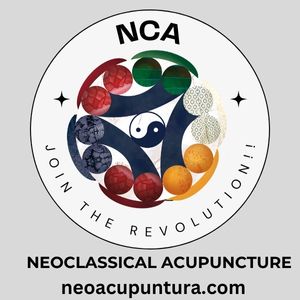It is surprising where life can take us. We follow a hunch or a nudge and somehow gain some momentum that in time generates wind for our sails.
Not many westerners in the 1970’s started along the road of Chinese medicine. In this long ranging conversation with Jake Fratkin we discuss his perspectives over time and his current thoughts on medicine.
Listen in for a conversation about herbs, TCM, Japanese acupuncture and the curious road of practice that unfolds when you follow your interests.
In This Conversation We Discuss:
- Always interested in medicine, but then ran into the biology vs chemistry perspectives
- An unusual encounter with qi
- The connections between meridian therapy, qi gong an taichi
- How TCM acupuncture differs from meridian therapy
- The Nan Jing’s influence on how Jake thinks about acupuncture
- How deficiency and excess relate to other and why tonifying a deficiency can correct an excess
- Acupuncture points are more than a location, there is also a directionality
- Working with muscle testing
- Pathology and treatment of the divergent channels, eight extras and the regular channels
When confronted with a patient with a long history of multiple complaints, determine what is excess and what is deficiency. Always treat the excess first: move qi and blood, calm the affected zang-fu organ. Don’t start with deficiency. Don’t throw tonic herbs just because the patient is tired. This will only aggravate the stagnation. Treat deficiency much later. And if in doubt where to begin, treat the liver first. Remove stasis of qi and blood, clear heat, moisten yin and boost blood.
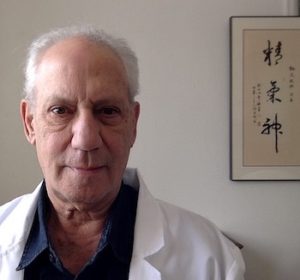 I started clinical practice in 1978. That’s over 40 years! Yikes. There were no acupuncture schools when I started. I apprenticed with a Korean master for 7 years, in Chicago. He practiced meridian therapy, and and felt that all health problems can be fixed by “balancing the meridians!”. Later, I apprenticed with two herbalists, one a Chinatown doctor from Hong Kong, the other a well-trained TCM doctor from Lanzhou, China. I was fascinated by the colorful boxes of the patent medicines in the Chinatown pharmacy, and I wrote my first book on Chinese patent medicines in 1986. In 2001, that book got expanded into “Chinese Herbal Patent Medicines”, and then that book got completely rewritten in 2014 as “Essential Chinese Formulas”, concentrating on the GMP available products. It combined traditional indications, with commentaries from my own personal experience. I love this last book, it has so much practical information! I spent a year in Chinese hospitals studying herbal medicine in 1987-1988, which really developed my clinical skills, and then I taught herbal medicine since 1982 at various TCM colleges in the US, and to graduate seminars. In clinic, I specialize in internal disorders, respiratory, GI, pediatrics, and infections.
I started clinical practice in 1978. That’s over 40 years! Yikes. There were no acupuncture schools when I started. I apprenticed with a Korean master for 7 years, in Chicago. He practiced meridian therapy, and and felt that all health problems can be fixed by “balancing the meridians!”. Later, I apprenticed with two herbalists, one a Chinatown doctor from Hong Kong, the other a well-trained TCM doctor from Lanzhou, China. I was fascinated by the colorful boxes of the patent medicines in the Chinatown pharmacy, and I wrote my first book on Chinese patent medicines in 1986. In 2001, that book got expanded into “Chinese Herbal Patent Medicines”, and then that book got completely rewritten in 2014 as “Essential Chinese Formulas”, concentrating on the GMP available products. It combined traditional indications, with commentaries from my own personal experience. I love this last book, it has so much practical information! I spent a year in Chinese hospitals studying herbal medicine in 1987-1988, which really developed my clinical skills, and then I taught herbal medicine since 1982 at various TCM colleges in the US, and to graduate seminars. In clinic, I specialize in internal disorders, respiratory, GI, pediatrics, and infections.
As for acupuncture, I still subscribe to the meridian balancing method as developed by Japanese practitioners. Currently I use a computerized meridian diagnostic program. I have synthesized the work of Yoshio Manaka, Shudo Denmai, and Miki Shima into the “3-Level Acupuncture Protocol”, which I discuss on my website. This is a great approach for internal disorders, immune enhancement, and stress reduction. I do not do much musculoskeletal work. My acupuncture approach is related to my qi gong practice, which I have followed even before my acupuncture studies. In conclusion, I am a great believer that East Asian medicine is far superior to Western medicine for most outpatient conditions, and I am so happy that you are also pursuing one of the many available pathways of our medicine and art.
Links and Resources
Articles written by Jake:
Three Level Acupuncture Protocol
Using muscle testing in meridian therapy
Other articles and topics
Recommended reading:
Chinese Herbal Medicine: The Formulas of Dr. John Shen
A Walk Along the River: Transmitting a Medical Lineage through Case Records and Discussion


